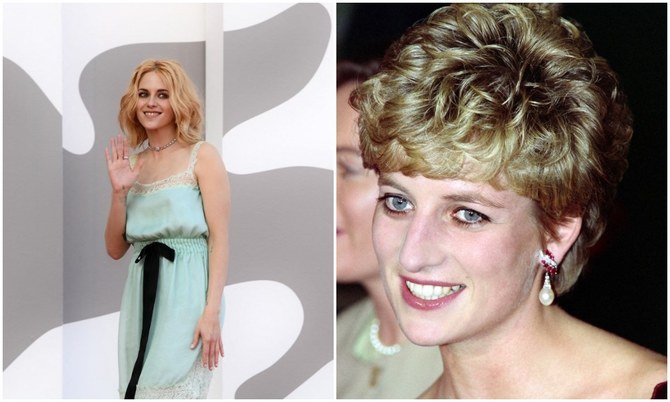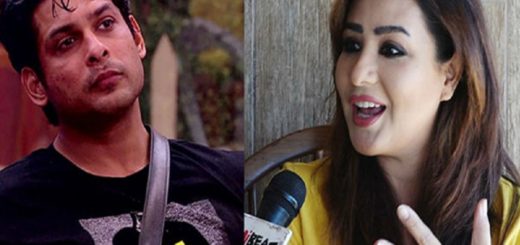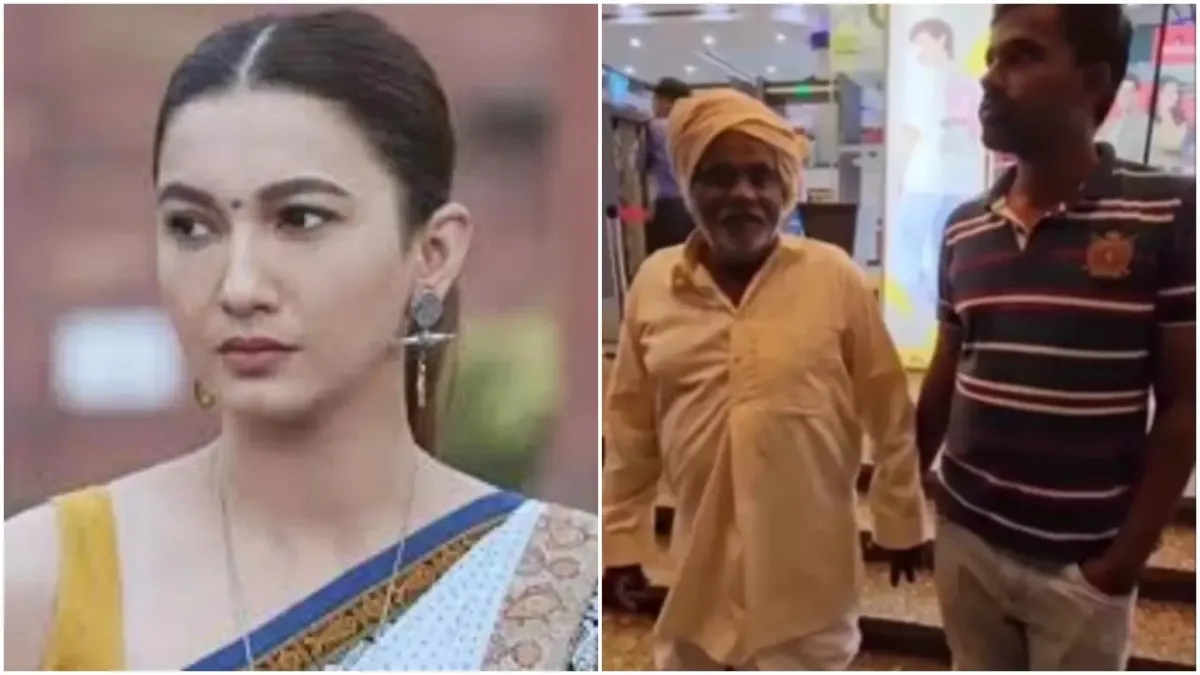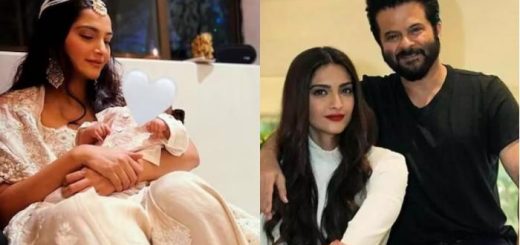Kristen Stewart’s turn into Princess Diana wows at Venice Film Festival

Kristen Stewart’s portrayal of Princess Diana in Spencer was warmly received at the Venice Film Festival, which premiered on Friday, and some critics have named the film her favorite Oscar. Join the royal family for a three-day Christmas party at Sandringham House as her marriage to Prince Charles falls apart.
The film depicts Diana as an outcast, increasingly isolated and alienated from the rest of the royal family, with the exception of William and Harry, and eager to break out of the rules and traditions that she adheres to. She considers them to be hypocritical and despotic. Speaking after a press screening about Diana’s enduring legacy 24 years after her death, Stewart said: “I think it’s just something she was born with.
“There are some people endowed with undeniable penetrating energy. The really sad thing about her is that as normal and casual and disarming in her air (as she was), immediately she also felt so isolated and lonely.” Stewart drew critical acclaim for her intense performance, including a posh British accent, with the Daily Mail calling her “spectacular.” “Kristen Stewart is Oscar-deservingly great – and Meghan Markle’s going to love it,” Daily Telegraph critic Robbie Collin tweeted.
The actress said that despite the sadness permeating the film she had very much enjoyed embodying Diana, her manners, and demeanor, adding however that “the curtsy went out of the window as soon as I stepped offset.” “I took more pleasure in my physicality making this movie than I have on anything. I felt more free and alive and able to move and taller, even.”
In the film, Diana often dines late, often gets up suddenly from the table to vomit due to an eating disorder, and becomes erratic and unstable when the maids and palace guards constantly tell her what to do. The royals are referred to as “they” or “them”, and Diana only spoke briefly to the Queen or Prince Charles, preferring to trust her dresser or chef instead. In one scene, she says she feels like an insect being dissected under a microscope, which Stewart described, the paparazzi that, as a Hollywood star, she could partially relate to the feeling of bullying and uncontrollability, to control Diana’s situation.

“I’ve wanted to run back a million times every day and be like, ‘oh, hey, can we actually redo that interview? I just thought about something else for a second, I didn’t say the right thing’. Imagine what it was like for her. Imagine feeling backed into a corner, to that extent. At some point, you’re going to bare your teeth.” Larrain, whose previous movies include Jackie, a biopic about Jackie Kennedy, said he had wanted to tell the story of Diana because it was an upside-down fairytale.
“This is the story of a princess who decided to move away from the idea of becoming a queen because she wants to be herself.” He said he had done extensive research on her, but his film – which includes appearances by the ghost of Anne Boleyn – was a work of fiction, imagining what might have happened during a fateful few days in which Diana decided to get a divorce. “We didn’t aim to make a docudrama, we wanted to create something by taking elements of the real, and then using imagination.”


